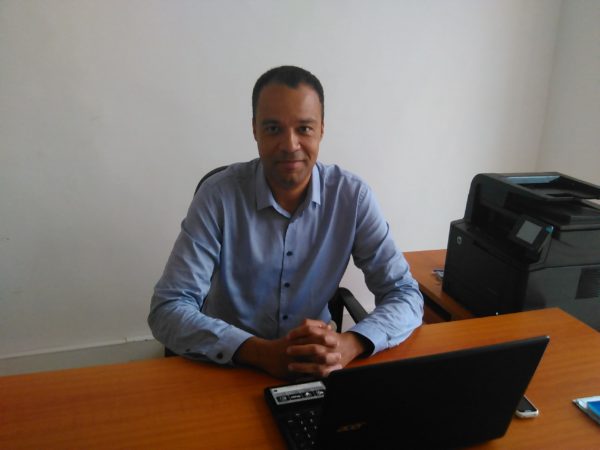With a banking rate not exceeding 15% on average, Sub-Saharan Africa is indeed the geographical region having the percentage of individuals with the lowest bank account on the planet!
In comparison, North Africa has four to five times higher performances to date (more than 60% in Morocco).
This huge shortage in terms of the banking of households leads to high use of cash and the omnipresence of hand-to-hand payments in our sub-Saharan societies. The resulting lack of traceability of financial transactions makes it particularly difficult to optimize the government’s tax revenues and fight against corruption or money laundering, which are essential for economic emergence.
Moreover, the importance of this money supply circulating outside any formal channel weakens the banking sector, as shown by the following two examples emanating from the Democratic Republic of Congo:
- The sum of the total balance sheets of the twenty or so locally established banks amounts to less than 1% of the total balance sheet of Crédit Agricole or BNP Paribas.
- With, on average, a bank branch per more than 200,000 inhabitants, tens of kilometers can be traveled, in some areas of the DRC, without sighting any ATM or a physical bank.
However, should we advocate for a banking system similar to the “European” model and for the replica pure and simple, south of the Sahara, commercial organizations that have enabled the equipment of almost all households north of the Mediterranean in basic financial products?
Of course not !
The specificities of the local environment deserve to be apprehended and taken into consideration, at the risk of bitter failures and serious setbacks. The typology of the targeted clientele, its consumption habits and expectations are far from identical. For example :
- While half of the populations south of the Sahara are under 18 years old, the median age is above 40 in France and 45 in Germany.
- Rates of urbanization in Western Europe often exceed the symbolic 75% mark, but 60% of Sub-Saharan Africans still live in rural areas.
The conclusion is self-evident: the strong appetite of African consumers for new technologies, a logical consequence of their youth as well as their very great geographical dispersion, imposes a massive digitization of distribution channels in the financial sector services at the local level.
The financial inclusion of populations will therefore inevitably go through smartphones, tablets, social networks and the rise of mobile Internet.
In this respect, telecommunications operators have taken a real head start thanks to “mobile money”. This technology, requiring only a mobile phone, makes it possible to transfer funds, pay bills to merchants or subscribe to major television channels, without having to open a bank account.
As an example, remember that 70% of the adult population in Kenya use mobile money and that nearly 26 million euros circulate daily in this way in Côte d’Ivoire to date.
In addition, “Fintech” sees the financial inclusion of populations as real business opportunities. Thus, they offer banking institutions the implementation of tools allowing their end customers to no longer have to move to an agency, to see their balance in real time or make a transfer for example.
The success of start-up “Tagpay“, originally the “technical” launch of the tools of mobile banking by “Coris Money“, from Burkina Faso’s Coris Bank, or “Pepele Mobile“, from Trust Merchant Bank in DR Congo, demonstrates it amply.
Finally, the failure of certain public infrastructures makes the creation and maintenance of a physical network of branches difficult and costly. By way of example, the numerous power cuts, which are very common in our French-speaking African countries, force companies to systematically acquire alternative sources of energy (power generators in particular).
As a result, in order to offer an efficient local service and increase their visibility while keeping costs under control, some financial institutions are led to form innovative partnerships with merchants totally outside the banking sector.
This is the concept of “Agency Banking“, very popular in Sub-Saharan Africa, which allows in particular current account holders at Equity Bank to carry out their operations involving deposit or withdrawal of cash in informal grocery stores, gas stations or coffee shops, a perfectly unimaginable situation in Paris, Brussels or London.
In conclusion, as part of my professional activities in Togo, Burkina Faso and Mali, I am optimistic that the financial inclusion of sub-Saharan populations is starting! Admittedly, it follows very different paths from those taken by Europe some time ago. But how to complain about it? It is our capacity to innovate and adapt on which our next economic development depends.
By Christian Kazumba
Christian Kazumba is the Regional Director for North and West Africa at CMBC (Congo Millenium Business Club).



